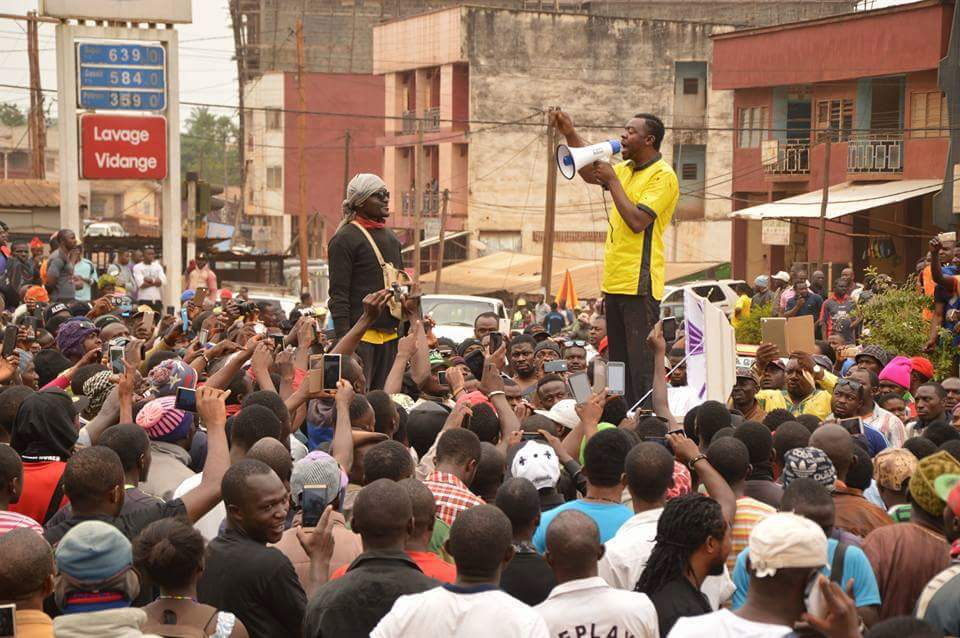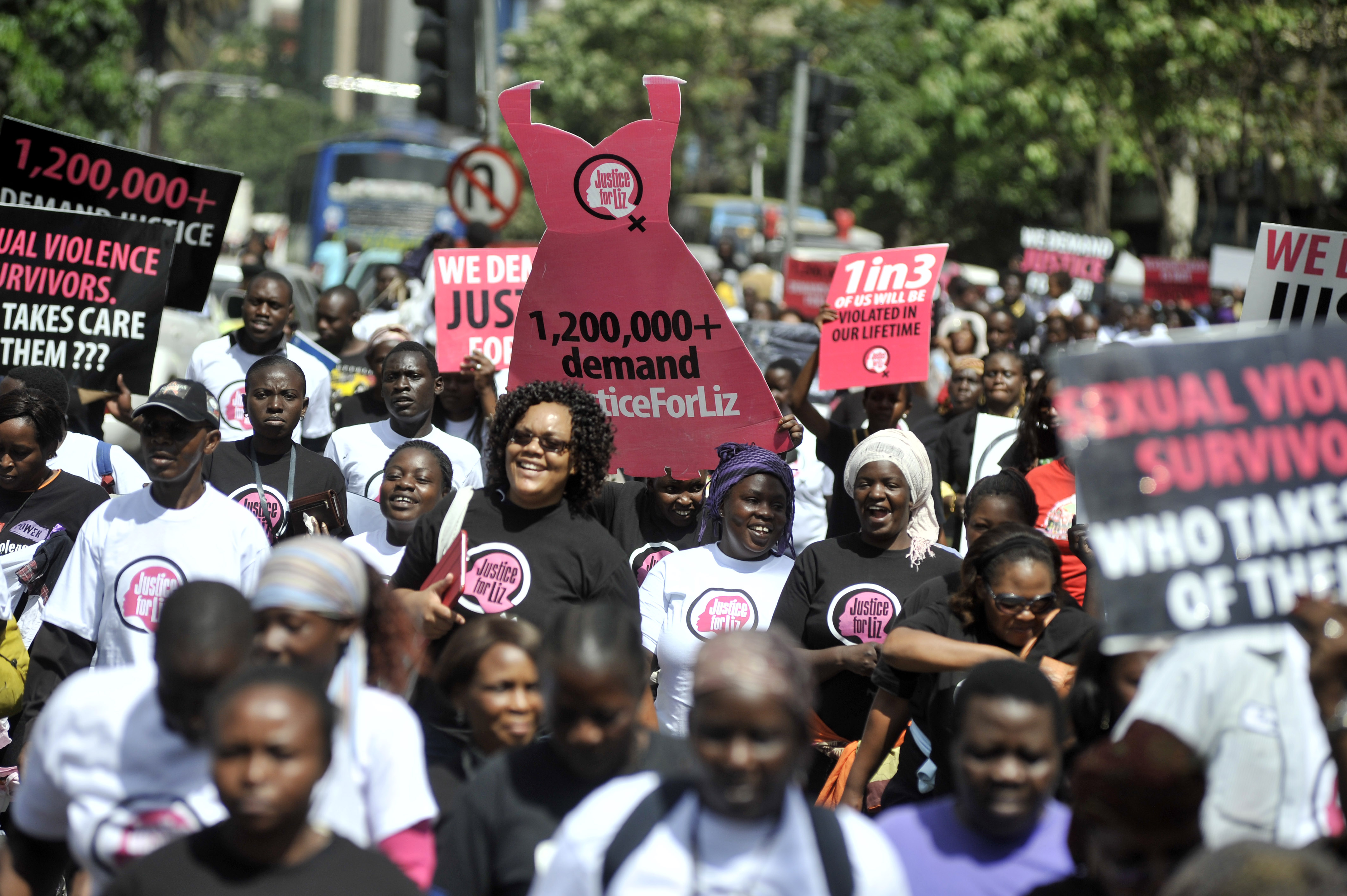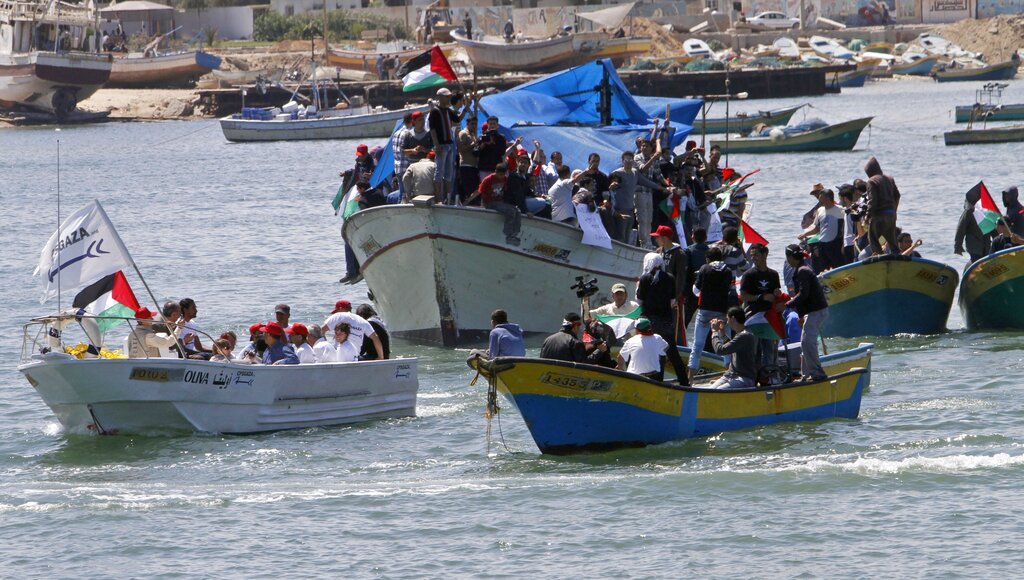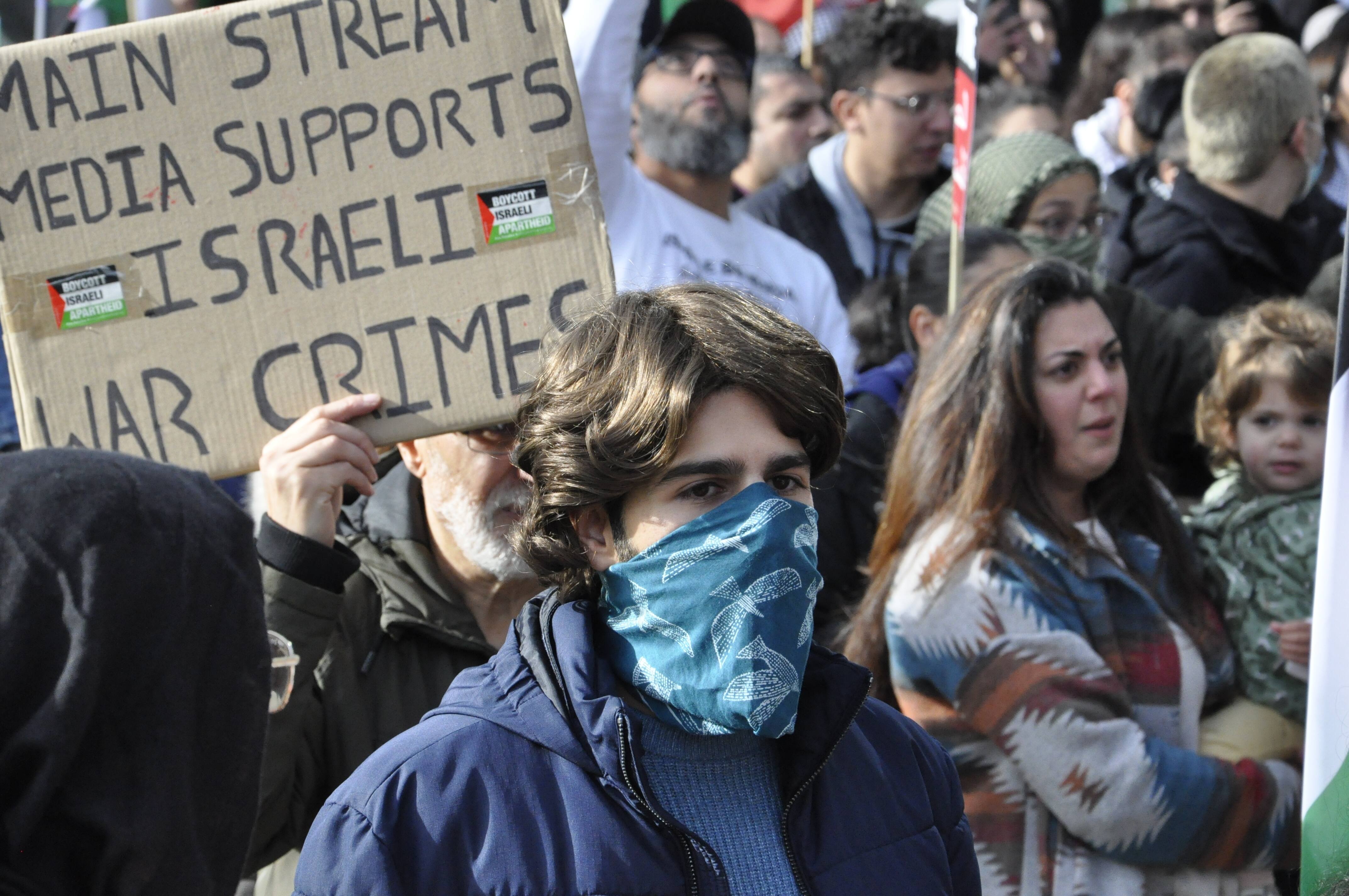قبل عام 2012 كان القطاع التلفزيوني في موريتانيا مقتصرا على قناتين رسميتين عموميتين، حيث لم تكن هناك أي قناة خاصة في البلاد، كما هو الحال في معظم دول العالم. لم يسبق لأي رجل أعمال موريتاني، ولا مؤسسة، ولا حزب، أن استثمر في الإعلام، واتجه لإنشاء محطة تلفزيونية تتبنى سياسته التحريرية، إلا أنه مع ما حدث في العالم العربي من ثورات وما شهده الشارع من تحركات، تفتحت عيون رجال الأعمال على دور الإعلام وأهميته، وهو ما جعل البعض يستثمر فيه ويوليه اهتماما أكبر.
بدت السلطات آنذاك، مرحبة بالفكرة، فظهرت عدة قنوات خاصة أهمها: "قناة المرابطون" ذات التوجه الإسلامي، وقناتي "الساحل" و"الوطنية" المملوكتان لرجال أعمال. وبدأ مشهد التعددية والتنافس بين القنوات الموريتانية الخاصة والعامة، وسط تفاؤل كبير بمستقبل جديد للإعلام التلفزيوني، فمنذ الاستقلال لم يعرف البلد تعددية إعلامية ولا سمح للتلفزيون بالتغريد خارج سرب السلطة، فتخصصت في تغطية الأنشطة الحكومية، وأهملت المواطن وحياته اليومية، وجزءا كبيرا من الإنتاج الصحفي، وقد حاولت بعض الصحف الورقية تعويض ذلك النقص، إلا أنه ظل قائما.
وفي أعوامه الأولى كان من الصعب الحكم على القطاع التلفزيوني الخاص، لعدة عوامل، من بينها نقص الخبرة والكوادر الصحفية، وغياب معاهد للصحافة في البلاد، وماهية المجتمع الموريتاني نفسه، الذي لا يولي قطاع كبير منه الاهتمام للإعلام، وضعف سوق الإعلان.
واليوم، وبعد مضي عقد من الزمن على ظهور القنوات الخاصة في موريتانيا، ظهر العديد من الأزمات والنقائص التي أنهكت البعض، وقضت أو تهدد البعض الآخر على الرغم من تزايد عددها لتصل لأكثر من عشر محطات ما بين العام والخاص.
أزمات القطاع التلفزيوني الخاص
تعتبر أزمة التمويل من أهم المشاكل التي تواجه القنوات الخاصة في البلاد، ولعلها السبب الرئيس في تراجعها وعدم قدرتها على إنتاج المحتوى الجيد، وهو ما يدفع بالعديد من العاملين إلى مغادرتها، ويعجل باختفاء بعضها من حيث نسب المشاهدة والإنتاج اليومي، كما هو الحال في قنوات "دافا" و"الساحل" و"الوطنية" المملوكة لرجال الأعمال وليس حال الآخرين بأفضل من حال هذه القنوات وإن حافظت على بقائها وجمهورها.
دفعت أزمة التمويل بالحكومة الحالية لتخصيص أكثر 335 مليون أوقية، وهو ما يقارب مليون دولار، وتوزيعه على أكثر من 360 مؤسسة إعلامية، كنوع من دعم لقطاع الصحافة الذي يعاني هشاشة بحسب توصيف التقرير الأخير لـ “مراسلون بلا حدود"، بالتزامن مع اليوم العالمي لحرية الصحافة.
كما أن أزمة التمويل عجلت بإيقاف خمس محطات تلفزيونية خاصة في موريتانيا عام 2017 من طرف هيئة البث بسبب الديون المستحقة عليها على رأسها "قناة المرابطون" الأكثر "استقلالية" في البلاد بحسب نفس التقرير، وبعد أسابيع من الأزمة الشهيرة عام 2017، التي كادت تجهز على القطاع التلفزيوني الخاص في البلاد، نجحت القنوات في التوصل لتفاهمات مع هيئة البث، وعادت لتواصل بثها وبرامجها، وهو ما دفع ببعضها للبحث عن بدائل من بينها عقد اتفاقيات مع الإذاعة الوطنية العامة، يتم بموجبها بث برامج الإذاعة على تلك المحطات وهو ما حدث بالفعل، كنوع من التخفيف من حدة أزمة التمويل وإن تسبب في انخفاض الإنتاج اليومي لتلك القنوات، إلا أنه أبقى على بعضها وإن قل جمهورها، ومشاهدتها.
وإلى جانب أزمة التمويل، تبرز أزمة صناعة المحتوى في تلك القنوات، حيث يتشابه المحتوى المنتج، الذي يسير أغلبه في الاتجاه السياسي، وتغطية الأنشطة الحكومية، والنشاطات السياسية. فبحسب آخر تقرير أعدته السلطة العليا للصحافة والسمعيات البصرية، في إبريل/نيسان عام 2021، حول التعددية في وسائل الإعلام المسموعة والمرئية، فإنه ثمة "استئثارا للنشاط الحكومي بأغلبية ساعات البث، بالنسبة لأغلبية القنوات الخاصة والعامة في البلاد"، وهو ما يعني أن المحتوى تحول إلى منتوج سياسي تابع للدولة، وربما لا يلامس المواطن وهمومه بشكل خاص. يفسر ذلك سيطرة المنصات الرقمية وبعض المدونين على اهتمام الجمهور الموريتاني، وضعف نسب مشاهدة القنوات الخاصة، نظرا لغياب المحتوى الذي يستجيب لتطلعات الجمهور، وانتصار السياسة وأنشطتها على الهواء مباشرة، كما أن تكرار المشاهد والتغطيات المتشابهة في عدة قنوات خاصة، وغياب زوايا معالجة الخبر الصحفي؛ يفقد تلك القنوات بريقها وجمهورها، فالمشاهد اليوم أصبح شريكا في العملية الاتصالية، وأصبحت لديه قوة مضادة تتمثل في "الإعلام الجديد"، وهو مالم ينتبه له القائمون على تلك القنوات الموريتانية الخاصة بعد.
كما يمكن للمتابع لبث القنوات الخاصة، أن يلاحظ أن القائمين عليها يميلون إلى "الإعلام التقليدي"، أكثر من ميلهم إلى الإعلام الجديد، من ناحية العرض والاهتمام بالبث الحي على منصة "فيسبوك" مثلا. فجل الاهتمام ينصب دائما على النقل التلفزي التقليدي ببث النشرات مباشرة على الهواء، وإهمال جانب المنصات خاصة "يوتيوب" و"فيسبوك"، التي يفوق جمهورها جمهور التلفزيون. فباستثناء "قناة المرابطون"، لا تعتمد بقية القنوات الخاصة سياسة بث نشرات الأخبار عبر صفحاتها. صحيح أن بعض القنوات حاولت معالجة هذا النقص لكن المواطن الموريتاني "هاجر" فعليا إلى منصات التواصل الاجتماعي.
سوق الإعلان في موريتانيا والقنوات الخاصة
زاد ضعف سوق الإشهار والإعلان في البلاد من معاناة القنوات الخاصة، طوال عقد من الزمن، فكلفها ضعف التمويل، وضعف الإنتاج. تقف وراء ذلك عوامل كثيرة منها عدم إقبال رأس المال في البلاد على الإعلان وعرض المنتوج، وعدم اقتناع الجمهور بالفكرة من أساسها، وغياب الكوادر والكفاءات في مجال الإعلانات، ولا يمكننا أيضا تجاهل طبيعة المجتمع التقليدي الذي لا تزال تتحكم معالم البداوة في جزء كبير منه، ولم تصله العولمة بشكل كاف لحد الساعة. يضاف إلى ذلك ضعف تأثير القنوات الخاصة في المشاهد، الأمر الذي جعل المنصات الرقمية تتحكم في ما هو متوفر من إشهار وإعلانات، فتلجأ البنوك وشركات الاتصال في البلاد مثلا إلى المنصات الأكثر تأثيرا ومشاهدة على فيسبوك مثل: منصة "تواتر" و"وكالة الأخبار" وغيرها، لعرض إعلاناتها، أكثر من القنوات الخاصة، وإن كانت قناة المرابطون الأفضل من ناحية الحصول عليها، مقارنة بنظيراتها إلا أنه محدود وضعيف جدا.
يمكن القول إن القنوات الخاصة في موريتانيا وبعد مرور عقد من الزمن وزيادة عددها، لم تنجح في إحداث التأثير في حياة المواطن، بل باتت تعاني أكثر، وبات بعضها مهددا بالاختفاء بسبب ضعف التمويل وضعف نسب المشاهدة وإن حافظ بعضها على الاستمرارية والاستقلالية، كما هو الحال بالنسبة لـ "قناة المرابطون" بشهادة منظمة "مراسلون بلا حدود"، إلا أن الوضع الصحفي في البلاد هش بحسب تقرير المنظمة.
باتت هذه الحقائق تحتاج وقفة ومعالجات حتى لا يعود الإعلام المرئي إلى الوراء، وتصبح أكثر تبعية للسلطة، كما أنه بات مطلوبا من القائمين على هذه القنوات مسايرة المشاهد خاصة فيما يتعلق بالإعلام الجديد والاهتمام أكثر بمنصاتها على "فيسبوك"، و"تويتر" وغيرها.

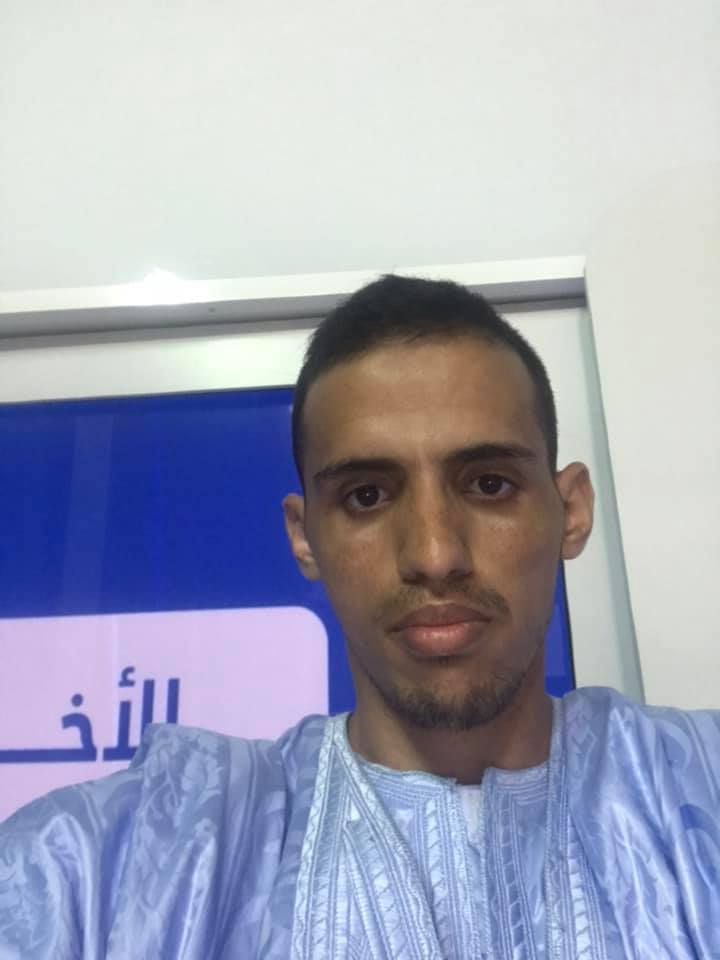
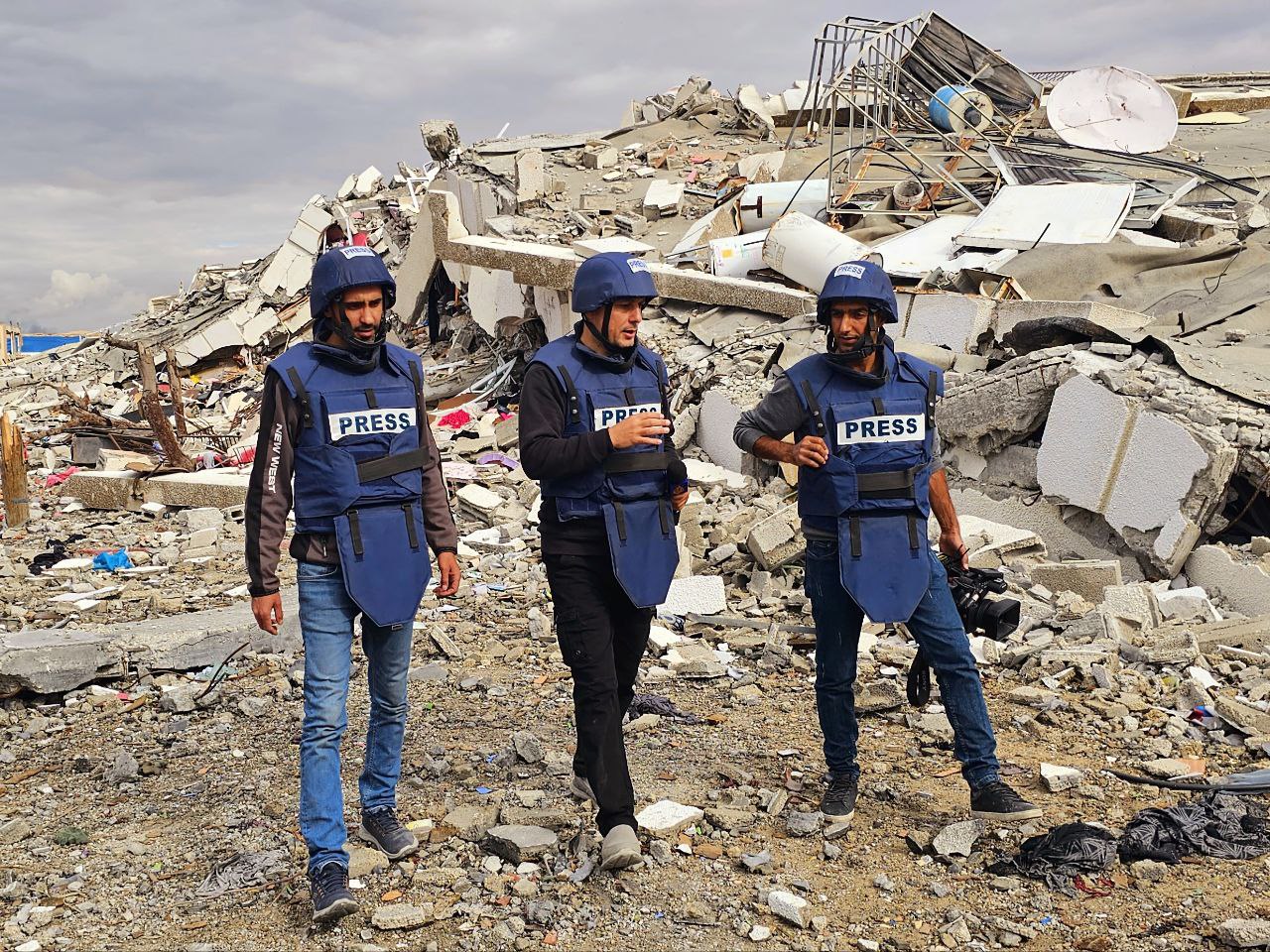

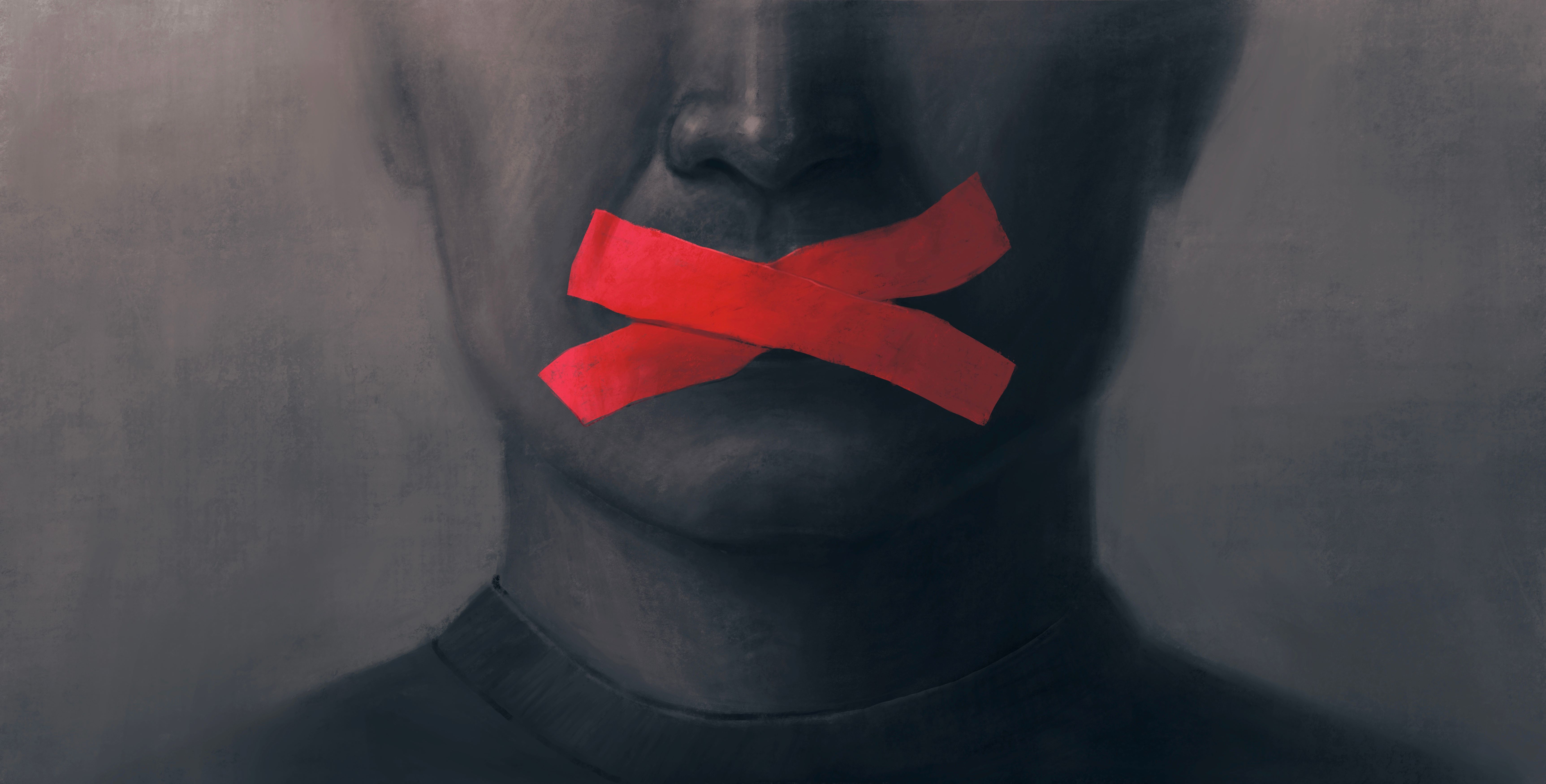



























![A demonstration against Israel's war on Gaza on Paulista Avenue in São Paulo on November 4, 2023, draws attention to the deaths of children while the media focuses on the war against terrorists. [Photo: Lina Bakr]](/sites/default/files/ajr/2024/Picture1.png)

